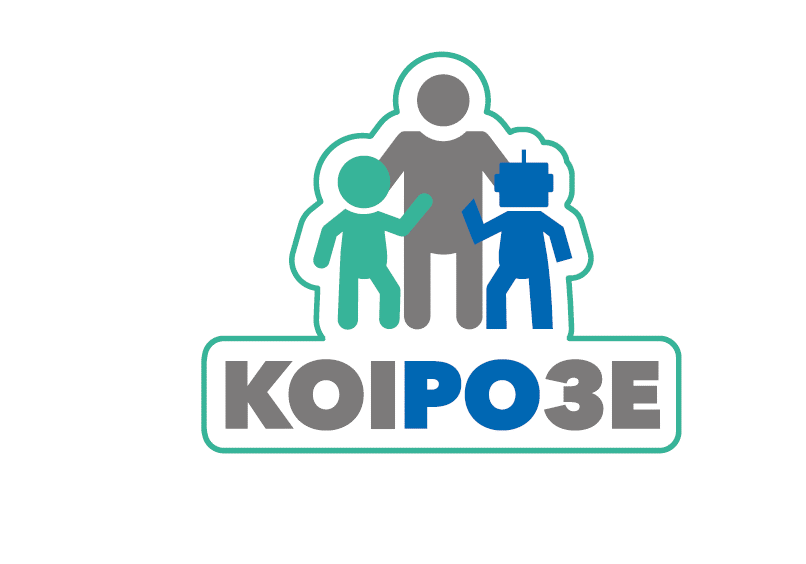- Θέλετε να μάθετε περισσότερα;?
- info@koiro3e.com
SYNERGY OF INTELLIGENT ALGORITHMS FOR EFFICIENT CHILD-ROBOT INTERACTION IN SPECIAL EDUCATION: A FEASIBILITY STUDY – RIE2020, BRATISLAVA, SLOVAKIA
15 August 2020ROBOT-ASSISTED AUTISM SPECTRUM DISORDER (ASD) INTERVENTIONS: A MULTI-ROBOT APPROACH – SOFTCOM 2020, HVAR, CROATIA
15 August 2020TEACHING DAILY LIFE SKILLS IN AUTISM SPECTRUM DISORDER (ASD) INTERVENTIONS USING THE SOCIAL ROBOT PEPPER – RIE2020, BRATISLAVA, SLOVAKIA
Abstract
Advances in robot capabilities over the last few years have resulted in the introduction of robots in many disciplines. Amongst them, the field of special education attracts scientific attention, towards studying the effect of social robots in the treatment of children with Autism Spectrum Disorder (ASD). This paper presents a pilot study in a real therapeutic setting, using the social robot Pepper to interact with three children with ASD in specially designed educational sce-narios regarding monetary transactions. The goal of these scenarios is to enhance short-term and long-term memory, as well as communication and social skills, through exercises involving coins and banknotes. Ultimately, these exercises will be part of a broader effort to help children with autism acquire daily life skills and self-reliance. The pilot study was evaluated using observation sheets com-pleted by the therapist, which were then used to qualitatively assess the effective-ness of the proposed approach. The preliminary results show that the intervention results in increasing engagement and the motivation in communicating.
Citation
R. Efstratiou, H. Karatsioras, M. Papadopoulou, C. Papadopoulou, C. Lytridis, C. Bazinas, G. A. Papakostas, V. G. Kaburlasos, “Teaching daily life skills in Autism Spectrum Disorder (ASD) interventions using the social robot Pepper”, 11th International Conference on Robotics in Education (RiE), Bratislava, Slovakia, 30 September – 2 October 2020
